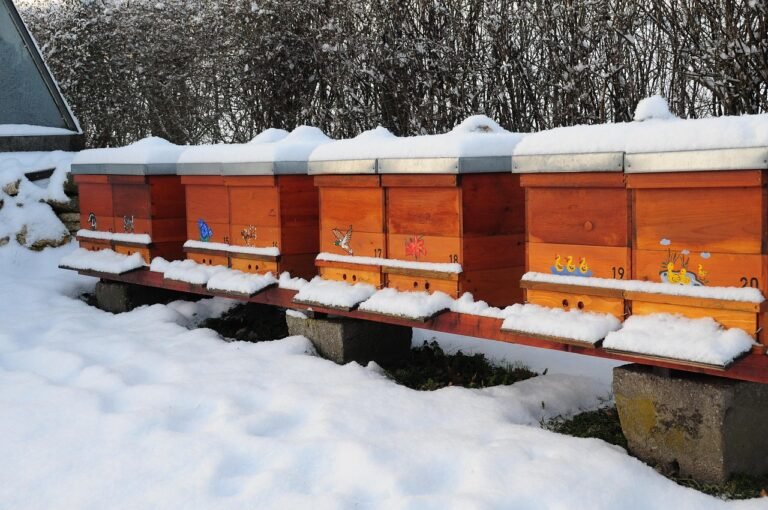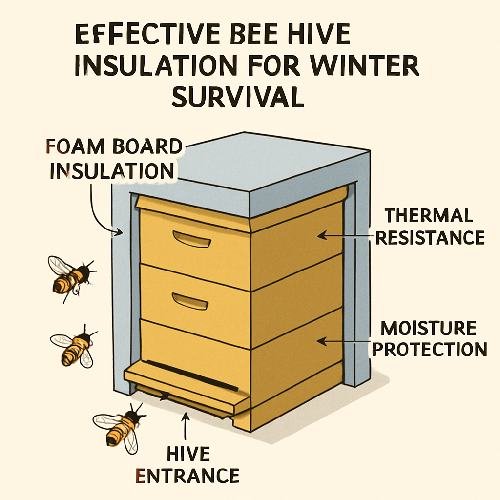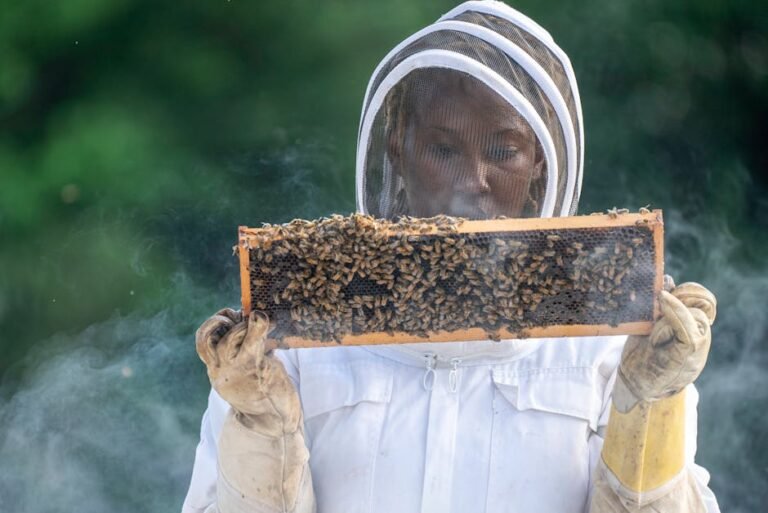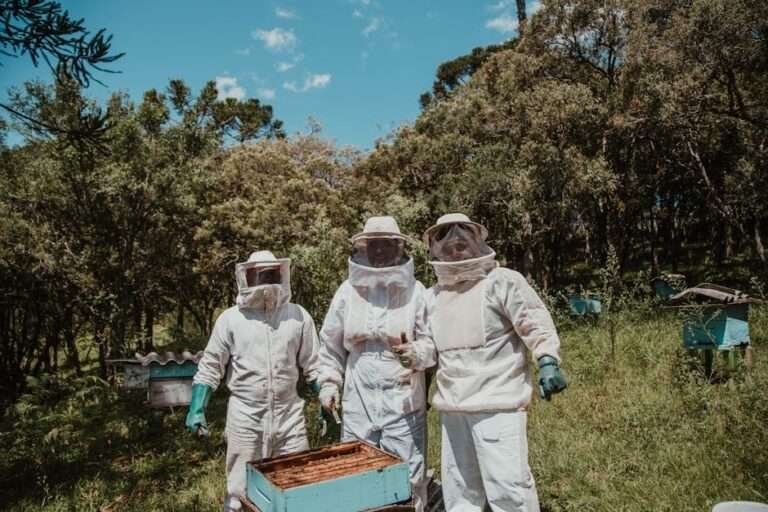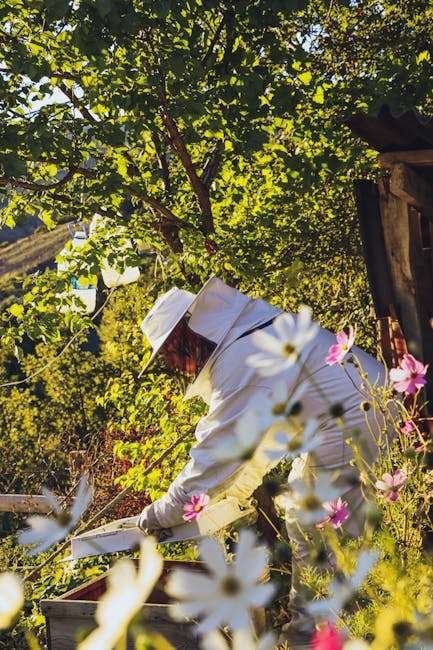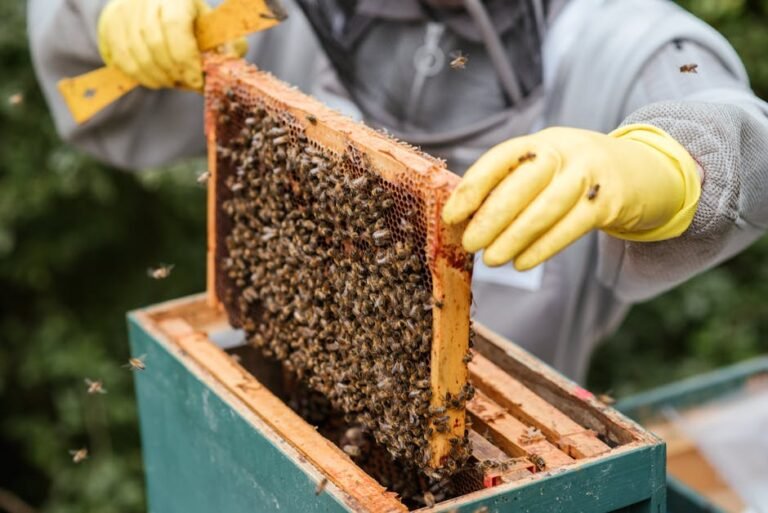How to Winterize Your Beehive and Winter Chores
Photo by maria-anne via Pixabay Proper winterization is essential for colony survival, as bees don’t typically die from cold temperatures but from starvation, disease, or excess moisture. Successful winter preparation requires completing specific tasks before cold weather arrives and maintaining vigilant monitoring throughout the dormant season.[1] Essential Winterization Steps 1. Complete Pre-Winter Health Assessment Queen […]

